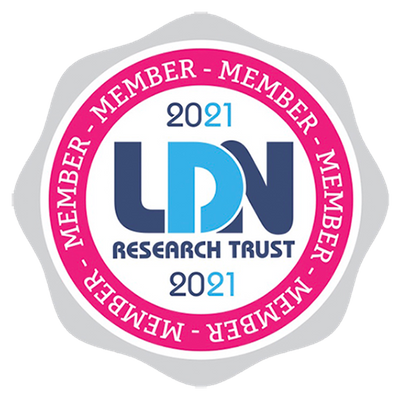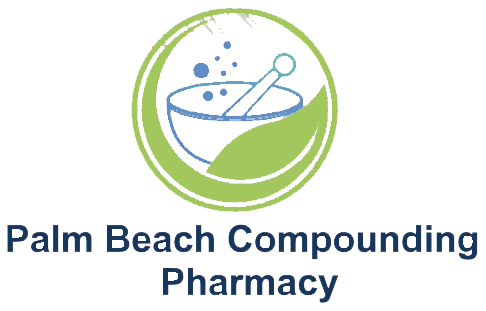LDN
LOW DOSE NALTREXONE
Naltrexone is an FDA approved drug available in 50 and 100mg tablets treat patients with alcohol dependence by blocking Opioid receptors 24 hours a day and works by taking the euphoria (fun) out of drinking.
Low Dose Naltrexone is usually only 0.5 to 4.5 mg per day, hence the name Low Dose Naltrexone (LDN). LDN only blocks Opioid receptors 6 hours a day. Your body responds by making more Endorphins which then land on the opioid receptors once the 6 hour blockade ends. That is how LDN works for difficult to treat Chronic Pain such as Fibromyalgia. It is also used to treat Autoimmune Diseases. In Autoimmune Disease your body’s Immune System mistakenly identifies part of your body as foreign and attacks it. Some examples of Auto Immune disease are: Multiple Sclerosis, Lupus, Inflammatory Bowel, Rheumatoid Arthritis, Hashimoto’s etc. One part of an immune response to something identified as foreign, is the activation of Toll Like Receptors (TLR) which leads to production of pro-inflammatory Cytokines, which results in inflammation. LDN blocks TLR which prevents inflammation. Every drug has two forms called isomers, which are mirror images (Levo & Dextro) of each other, but normally only one isomer offers a therapeutic effect. Naltrexone’s isomers both contribute a therapeutic effect. Levo Naltrexone blocks the Mu and Kappa Opioid receptors and Dextro Naltrexone blocks the Toll Like Receptors (TLR). LDN requires a prescription and is available from compounding pharmacies which will work with your doctor to help find the individualized dose to suit your needs.
A BRIEF HISTORY OF LDN
One of the biggest contributions to medicine in the 20th century was the discovery of receptors in our bodies. Naltrexone – an opiate antagonist – was theorized in the 1940’s, but it wasn’t until 1984 when Naltrexone received its first recognition in receptor based therapy; its official indication was noted as addiction to opiates. A year later, in New York City, a doctor named Dr. Bernard Bihari published the first reported effects of immunological effects of Low Dose Naltrexone. Dr. Bihari’s research was initially with a small group of patients with HIV/AIDS, patients that have moderate to severe immune system complications. In the control group of the patients that received a placebo approximately 31% of the patients had developed an opportunistic infection during the trial. In contrast, the experimental group the patients who received Low Dose Naltrexone, none of the 22 patients had developed any opportunistic infections. Over the next few years, Dr. Bihari expanded his research trial with a larger amount of patients and contributed to the plethora of knowledge about using LDN therapy to treat a number of conditions including Cancer and Autoimmune diseases. Today there are more prescribers and pharmacists who know about LDN therapy.
LDN THERAPY
Presently, several clinical trials are happening and it’s predicted to see a FDA approved form of LDN within the next five years. Currently, prescribers and patients can continue to seek the help of compounding pharmacies to meet their dosing needs. Research has been conducted and there has been success in using LDN therapy to treat a plethora of diseases including Cancer. There are cases of LDN combined with Alpha Lipoic acid or high doses of Vitamin D which have resulted in shrinkage of the cancerous tumor and sometimes complete remission after several years of treatment. For more information about LDN and cancer please visit: www.medicorcancer.com. The most common side effects of LDN is sleep disturbances, including vivid dreams. These only affect about 6% of patients and can normally be alleviated by taking the dose in the morning, as opposed to at night time. If you think LDN could help you talk to your pharmacist or prescriber about LDN, and visit the website of the LDN Research Trust: www.ldnresearchtrust.org. On this website you can find a list of doctors who prescribe LDN, list of pharmacists that compound LDN and list of diseases LDN has been used to treat with success, and a lot of other information including how to order the recently published Book entitled, The LDN book edited by Linda Elsegood, each chapter is written by a different prescriber on their area of expertise using LDN.

